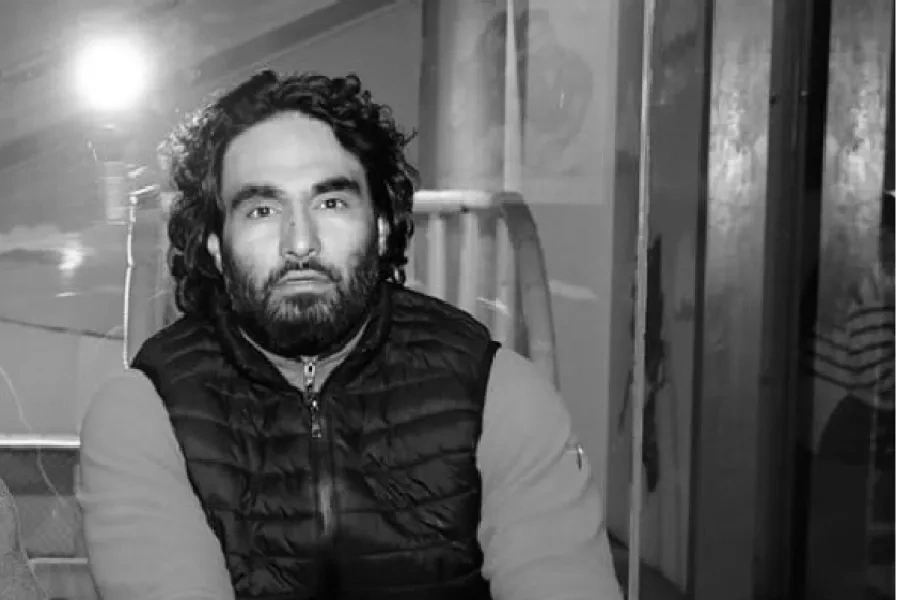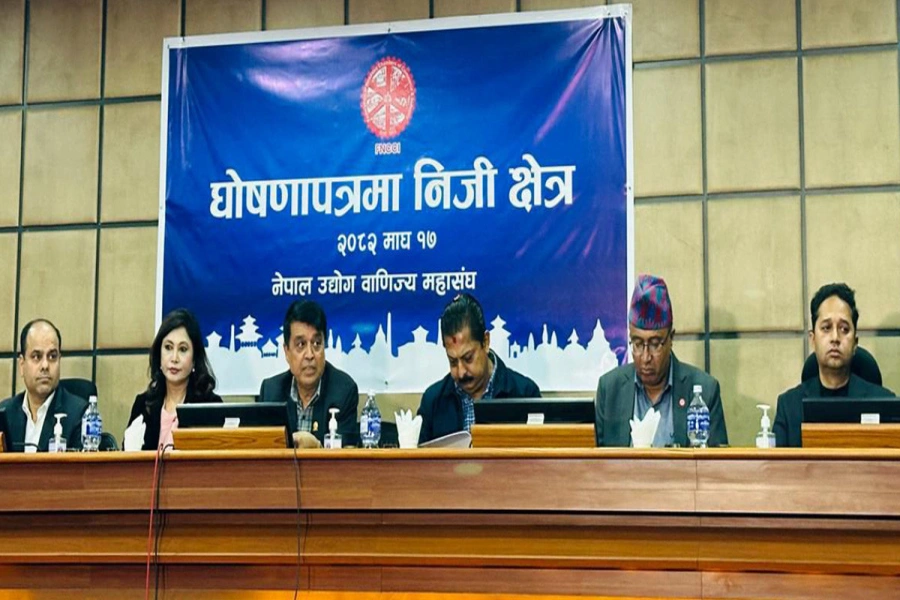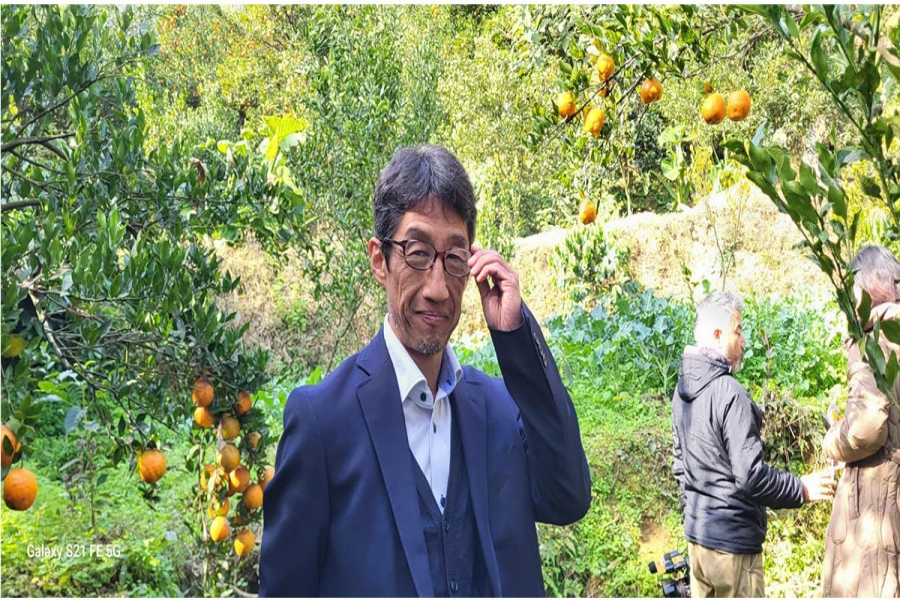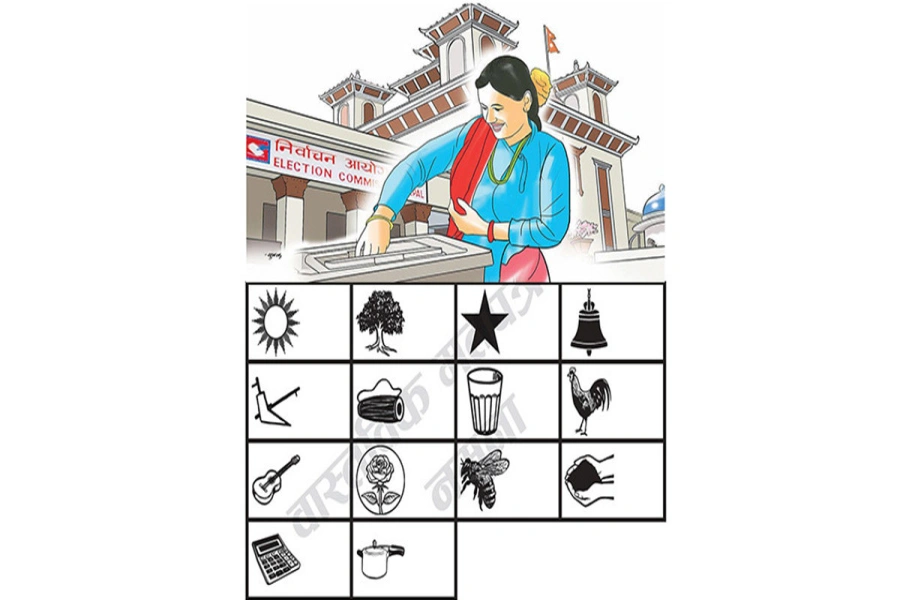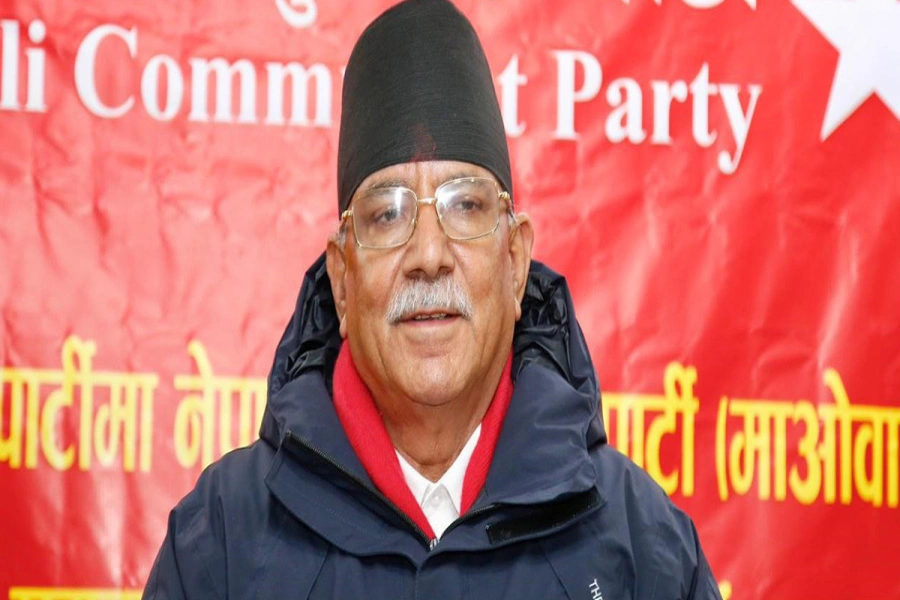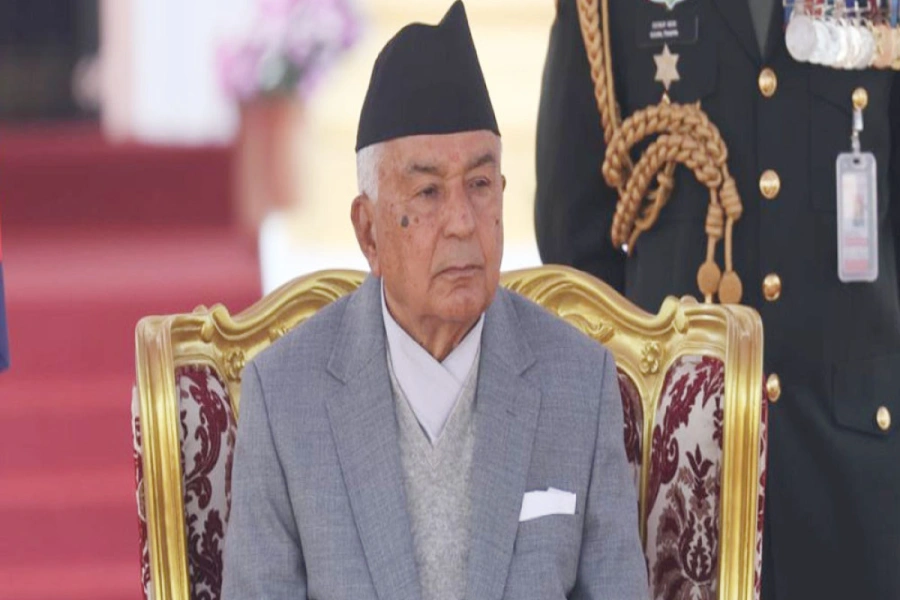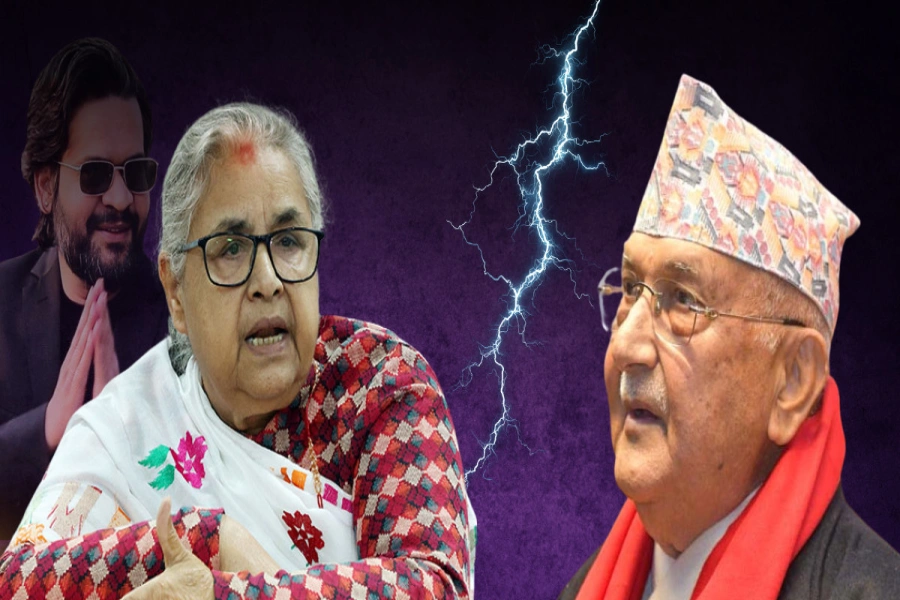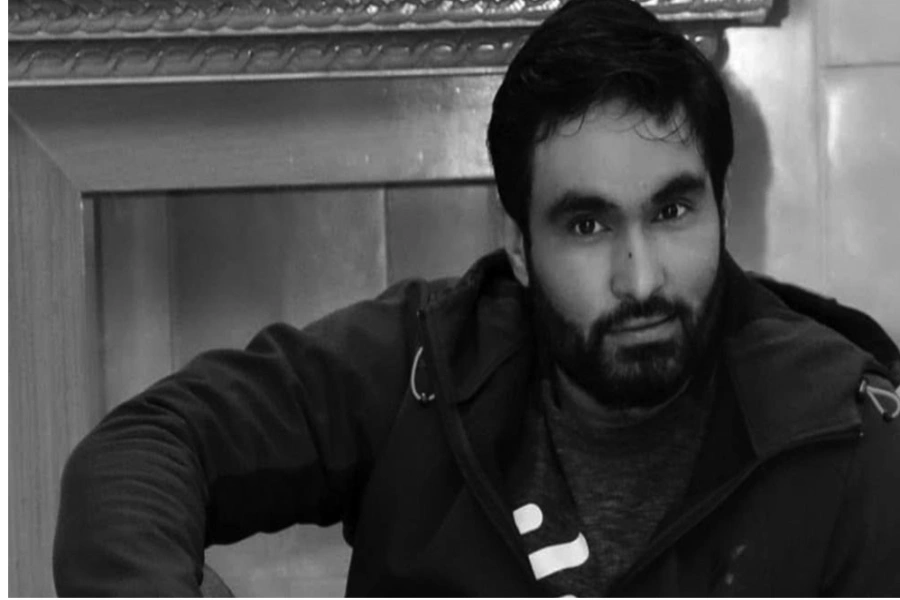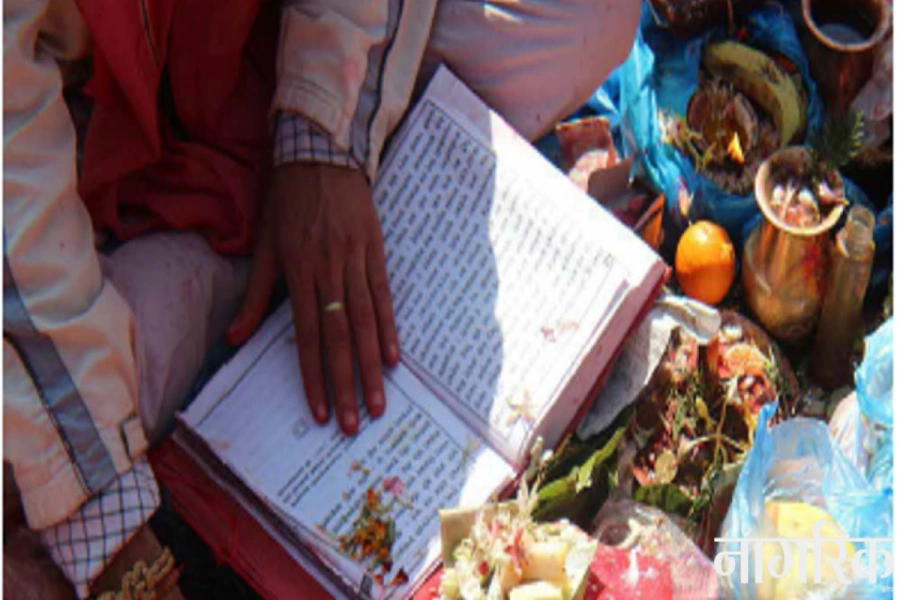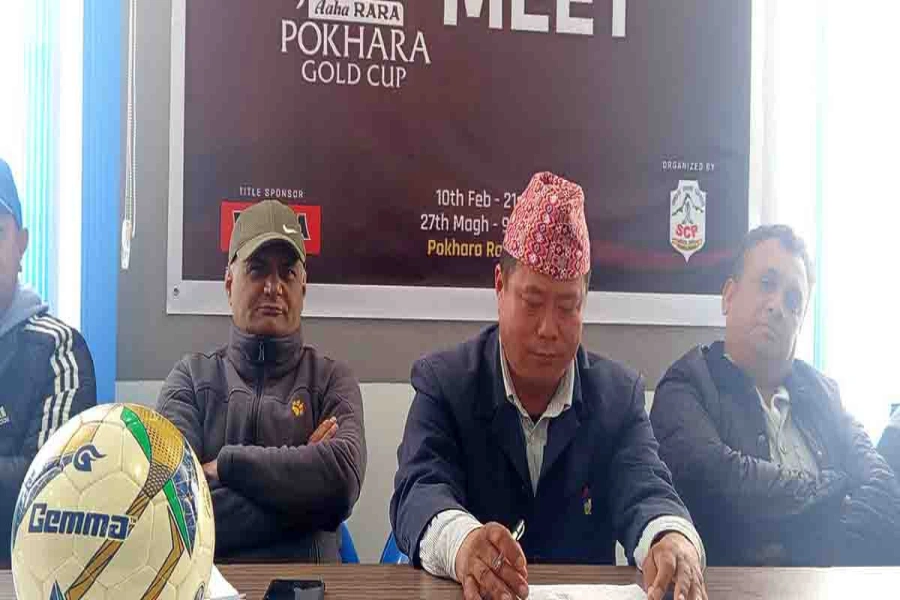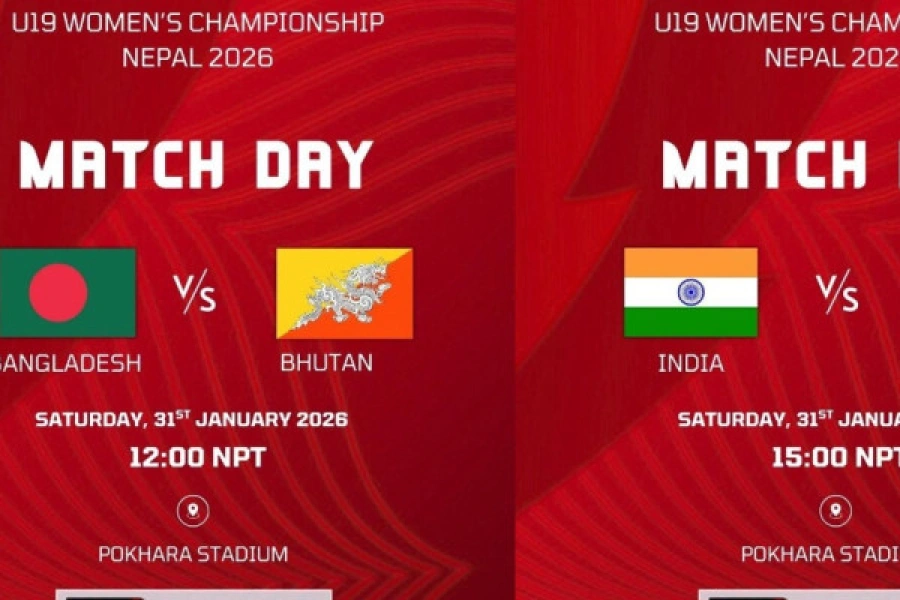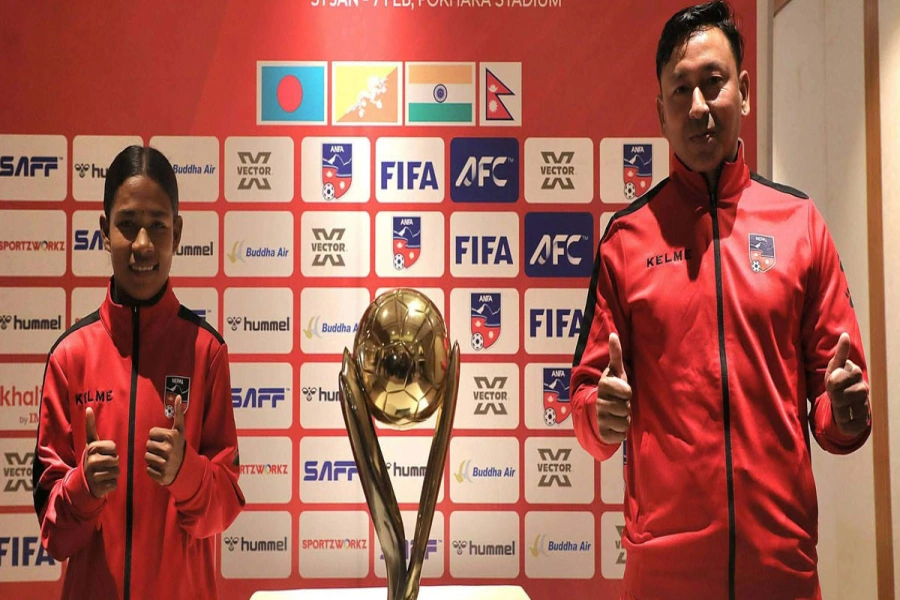Nepali officials had been demanding for the facility since 2005. At present, Nepali importers have to change the shipping companies to transport goods from Kolkata and Haldia ports before transporting to Nepali border points. [break]
More than 90 percent of country´s third-country imports reach Birgunj dry port through Kolkata or Haldia ports.
“Indian side agreed to allow international shipping lines to take consignments up to Nepali customs points via Kolkata and Haldia ports during a recent meeting of customs officials of both countries in New Delhi,” Mukti Narayal Poudel, director general of Department of Customs, told Republica on Sunday. “Administrative and other hassles will come down significantly once the new facility is enforced.”
Poudel also said the government would soon initiate the process to formulate the guidelines to implement the transshipment facility.
“We will be in a position to immediately take advantage of the transshipment facility once related guidelines are formulated. We will initiate consultation with stakeholders in this regards,” Poudel said at an interaction on ´Trade Facilitation, Customs Modernization, International Commercial Terms (InCo Terms) and Nepal-India Railway Agreement´ organized here on Sunday.
The program was organized by NITDB in collaboration with Nepal Freight Forwarders Association (NEFFA) and the European Economic, Trade, Commerce and Industries Association-Nepal.
Nepal had first sought transshipment facility with India in 2005.
During the meeting of trade officials of both countries held in Kolkata in 2012, India had agreed in principle to grant transshipment facility to Nepal in line with the international practice.
“Once the facility is implemented, international shipping lines will have to deliver Nepal´s third-country imports up to Nepali customs points or dry ports. Nepali traders will not have to worry about shipping goods from Kolkata ports and Haldia ports to Nepal,” Sarad Bikram Rana, executive director of Nepal Intermodal Transport Development Board (NITDB), said.
Elaborating on the provisions in Nepal-India Railway Service Agreement (RSA), Rana also said delay in review of Railway Service Agreement (RSA) with India has put the implementation of Letter of Exchange (LoE) for operationalizing different railway routes into uncertainty.
Nepal has been failing to get Visakhapatnam port opened for its overseas trade after India demanded that Nepal accept its proposal for additional one time lock in Nepal-bound containers.
Shyam Prasad Dahal, director of Department of Customs, highlighted the need for customs reforms in international trade facilitation. Presenting a working paper on Trade Facilitation through Customs Reform and Modernization (CRM), Dahal outlined the strategies included in CRM Action Plan 2013-2017. “By the end of 2017, we will fully modernize the customs administration as per the international standard so as to facilitate the international trade,” Dahal added.
Rajan Sharma, president of NEFFA, shed light on significance of InCo Terms in international trade facilitation.
Speaking on the occasion, Lal Mani Joshi, Secretary at the Ministry of Commerce and Supplies, stressed the need for sufficient human resources, infrastructure and transparency in customs offices for better trade facilitation.
Nepal gets trans-shipment facility at Indian ports




